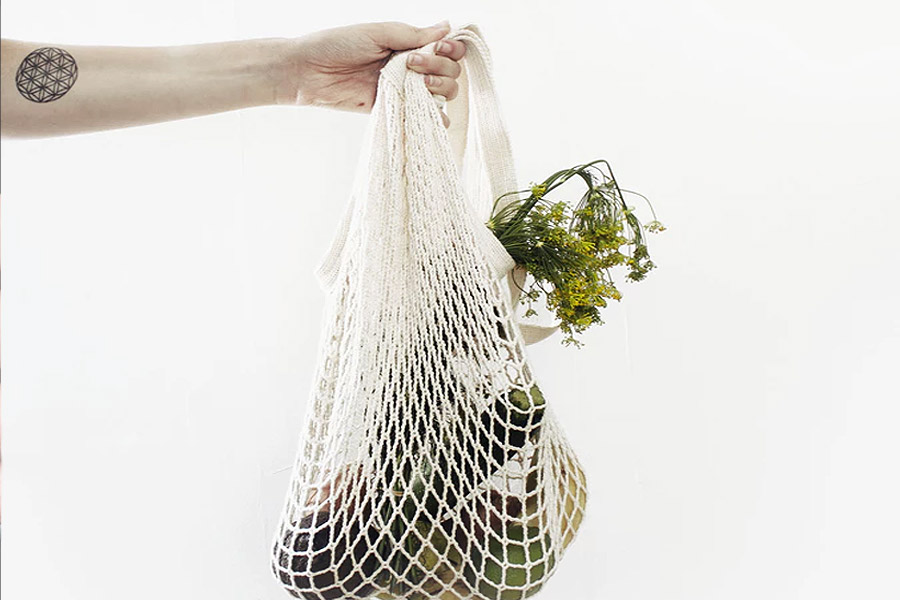Student living is notorious for being full of cheap and convenient goods which we often throw away after a few years of use, without thinking about the consequences. We have to seek the best deals for our limited money, and cheaper products are often non sustainable and coated in non-recyclable packaging. With nearly 2million students in the UK trying to pinch the pennies, this has a highly negative impact on our environment . But don’t worry; here are a few everyday things you can change that won’t affect living on a budget.
Choose sustainable products and shopping habits:

There are many changes that you can make to your weekly shop without affecting the cost. Research into sustainable products is well worthwhile- if you buy in bulk (perfect for larger student households) then eco-friendly products are not always as expensive as you’d imagine. Ecover is a great brand for things such as washing liquid and detergent. Most cities now have stores where you can reuse the bottles to fill up with the product again at a discounted rate, saving plastic and money!
When shopping for things like fruit and veg try and visit your local weekly town market as these are often cheaper than both supermarkets and high-street grocers. Even better, it means you’re able to buy the exact quantity needed, so no food waste or plastic packaging. Where you can, buy products packaged in glass rather than plastic, as glass is 100% recyclable and produced in a less harmful way. You can also take your own reusable containers to purchase loose products such as cereals and pulses from markets. How are your skills in the kitchen? where possible, try and buy raw ingredients for cooking; convenience foods and meals often come with a hefty amount of packaging. Cooking things from scratch often makes it a lot cheaper overall as you get a greater amount of portions per you cost of ingredients. If your cooking isn’t up to scratch, there are plenty of easy student recipes online that are tasty and cheap! And finally, when shopping more sustainably, the use of plastics bags is a no-no, instead invest in tote, hessian or net bags in order to lug your shopping home in, they’ll last you a lifetime - your hands will thank you, too!
The secret to wasting less water:

Anyone for tea? Okay, so in a house full of students there will most likely be a lot of tea and coffee drinking to keep up with those last-minute deadlines, so that means a lot of kettle boiling. One way to make sure that kettle doesn’t get flicked on too many times a day is to do a group tea round. If everybody offers to make a round when they fancy a cuppa, the amount of water and electricity will be reduced. If you’re making an individual cup then only use as much water as you need.
If you’re somebody who likes a long hot shower perhaps that habit needs to change. As student houses often contain a larger amount of people, this means higher daily water usage than the average family household. Try setting time limits for showers and limiting baths; every bath can use around 300 litres of water! This change will have e a high impact on our water usage and of course bills.
One last tip is to make sure you fill up that sink when washing up - no leaving the tap running please! Leaving the tap running whilst washing up is a surefire way of wasting water and increasing cost. You could all even agree to do all of the washing up at once – even if it’s not all yours, but you’d ALL have to pull your weight with this one, obviously. This is a similar case for washing your clothes- make sure when doing a load of laundry don’t waste that water or electricity by putting in a half load and if you don’t have one but want that favourite top washed, then ask your house mates to fill the rest up!
Kitting out your accommodation:

As much as we all love meatballs and chips at Ikea….. student accommodation is only for three or four years, so don’t rush into buying brand new flat pack furniture, thinking it’s the easiest and cheapest option. There are now multiple mobile apps that allow you to shop locally for cheap second hand furniture meaning you are helping by reusing goods on an even smaller budget. Better still, it’s already put together! When moving out or leaving uni it may be tempting to just throw that same furniture away, but why not stick it back online for a bit of easy cash? Or if that’s not successful you can always advertise it as free-for-collection, as this means it saves you the trouble of throwing it away and its reused again.
Enjoyed this blog? Take a look at: 4 Student-friendly Tips to a Greener Conscience or Earth Day 2018: What Can You Do to End Plastic Pollution?




